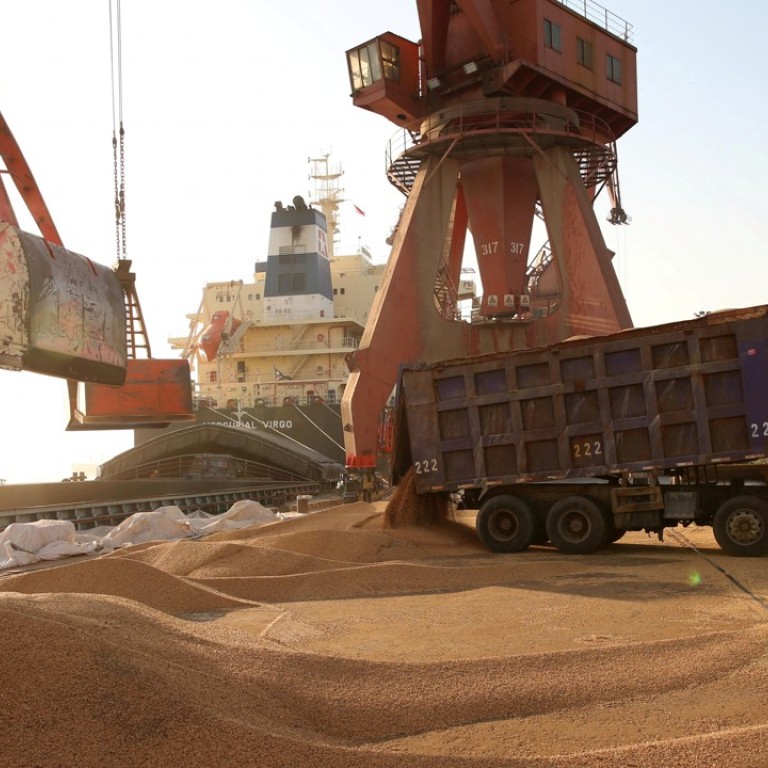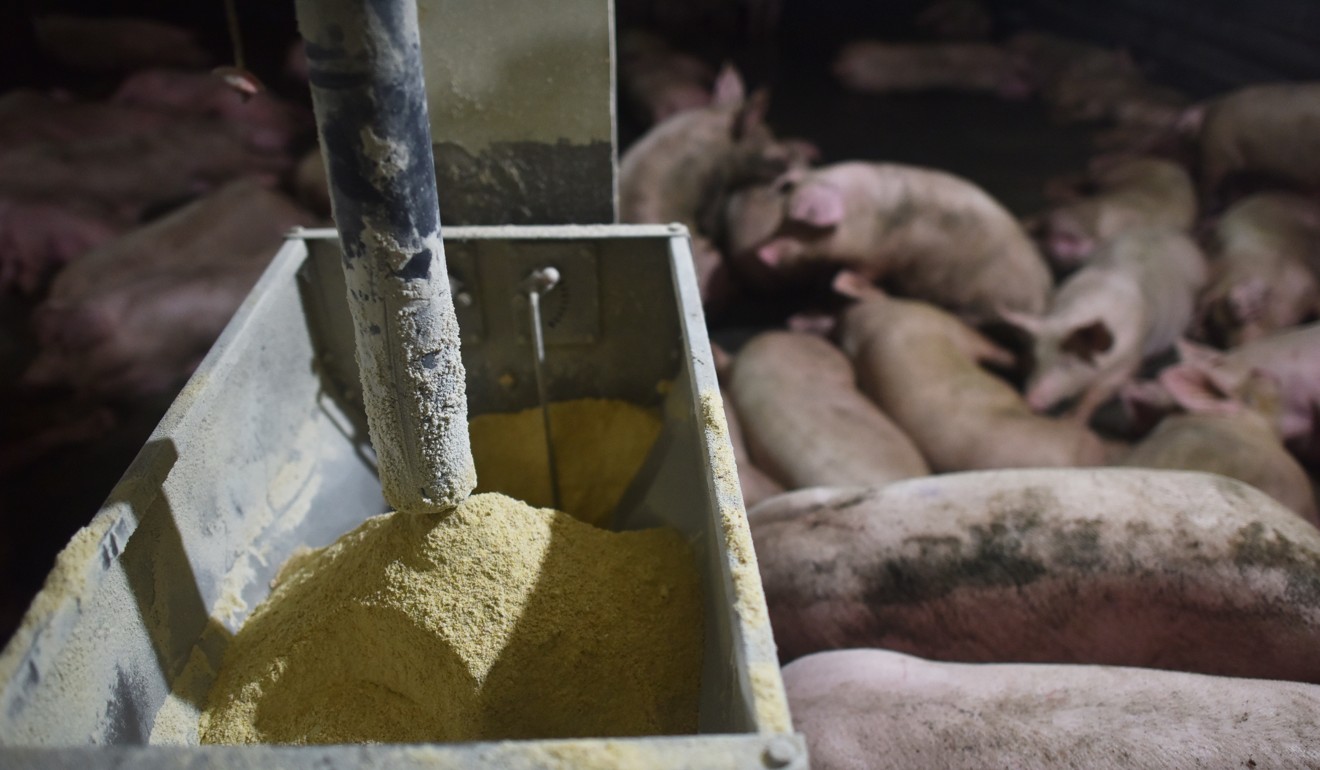
Why the China-US trade war truce could be a raw deal for Brazil’s soybean farmers
- Beijing’s pledge to buy more American agricultural products could turn a bumper Brazilian harvest into a global glut, analyst says
The truce in the US-China trade war could push down prices for Brazil’s forecast bumper soybean harvest and ramp up market uncertainty if Washington and Beijing strike a deal on supplies, industry analysts said.
US President Donald Trump and his Chinese counterpart Xi Jinping agreed on the weekend to halt any further increases in tariffs for 90 days to try to hammer out trade differences between the two countries.
China also promised to buy more US agricultural products, sending down prices for soybeans from Brazil and other sources around the world.
“Instead of being a boon for the Brazilian farmers, [the deal] would be a total bane,” said Gustavo Oliveira, assistant professor of global studies at the University of California, Irvine.
US-China trade war: are Illinois’ soybean farmers losing faith in Donald Trump?
The United States and Brazil are the world’s top two producers of the crop and China is the world’s biggest buyer, with demand for animal feed growing in step with China’s rising appetite for meat.
But as trade tensions escalated, Beijing slapped tariffs on US soybean imports in July and turned to other suppliers such as Brazil.

The Brazilian supplies have since dwindled but Brazilian soybean farmers stepped up planting to take advantage of higher demand from China, with a record crop of more than 120 million tonnes forecast for the year from December.
A deal between Beijing and Washington could turn that bumper harvest into a soybean glut.
Oliveira said Brazilian farmers also faced higher input costs this year, like transport, and planted their crops in expectation of high prices, he added.
In the meantime, the depletion of Brazilian soybean supplies meant that China would likely soon have to return to buying the US crop, he said.
“Instead of being a sign of weakness, that China was forced to turn to high-tariff soybeans [from the US], Xi Jinping gets to portray this as an act of good will, or even magnanimity, toward the US,” he said.
US Agriculture Secretary Sonny Perdue said on Monday that China would probably resume buying American soybeans around January 1.
As trade war batters Chinese demand for soybeans, US farmers turn back to grains
Oliveira said continued uncertainty in the China-US relationship and the trade war would cause headaches for farmers around the world.
“Farmers are used to dealing with the uncertainty of the weather, and some uncertainty in international markets is expected, but 25 per cent up or down on the price of one of the world’s two largest producers is really dramatic uncertainty. And the possibility that this could be removed, exactly as Brazilian crops go on the market, that’s what’s frustrating for everyone,” he said.
China imported 6.92 million tonnes of soybeans in October, of which 6.53 million tonnes, or 94 per cent, came from Brazil – almost double the 3.38 million tonnes imported from Brazil a year earlier, according to Chinese customs data.
At the same time, China imported just 66,955 tonnes of American soybeans in October, compared to 1.33 million tonnes a year earlier.
Some other small-scale suppliers, like Russia, also saw their exports to China rise, but could take a hit if US exports to China resume.
James Floyd Downes, a lecturer in comparative politics at the Chinese University of Hong Kong, said countries like Argentina, Brazil, Australia and Russia may be privately annoyed by the trade war truce.
“Yet in public, these countries are unlikely to voice any direct negative criticism towards China,” he said.
Chinese traders said Beijing would need to drop the tariffs it imposed on American farm products before they could make significant purchases.
Perdue, the US agriculture secretary, said he did not yet know what the outlook was for US soybeans.
“I’ve been talking with our negotiators and those are the issues that are going to be fleshed out here in the next few days,” he said.
Additional reporting by Reuters

